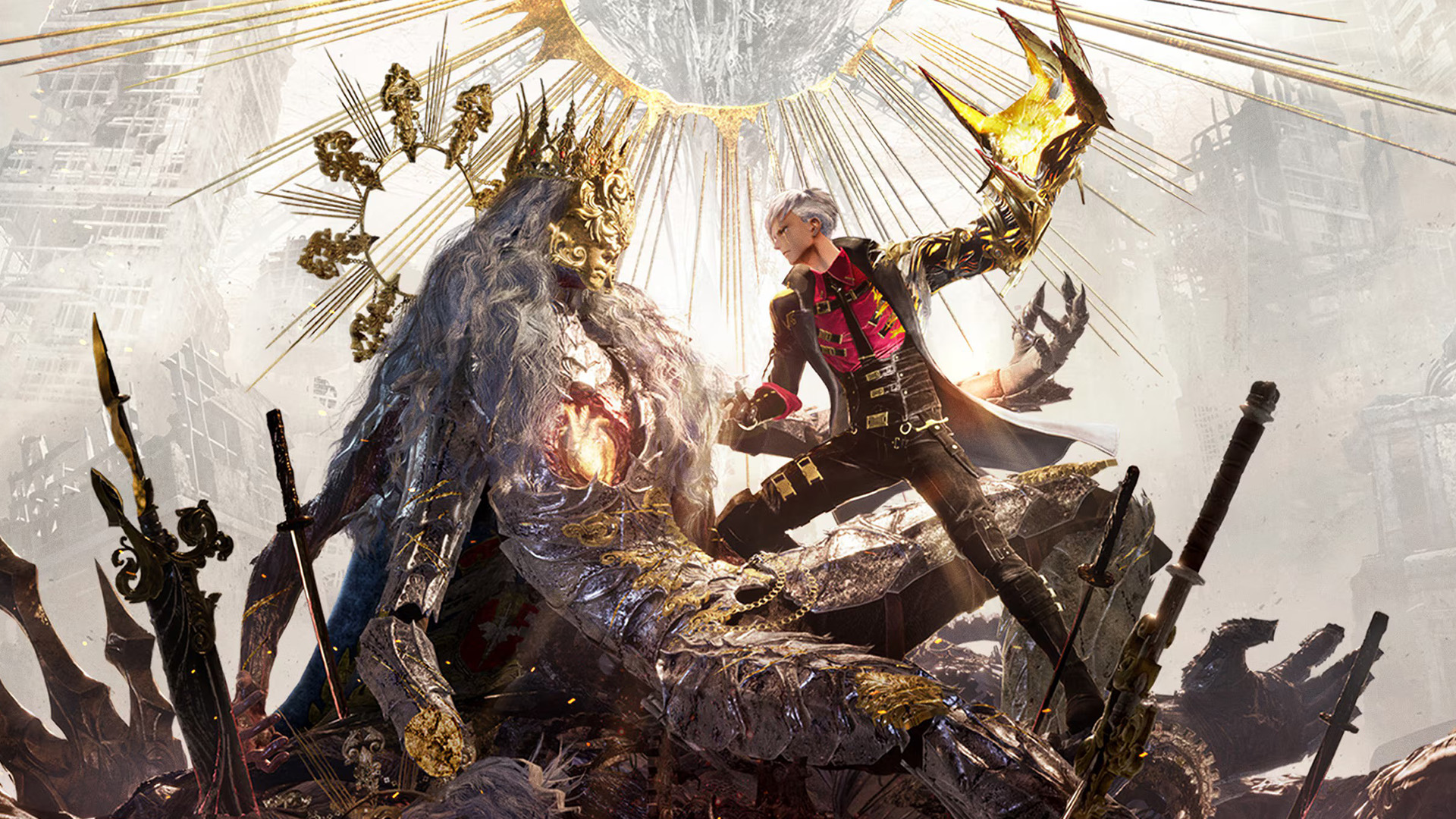Why you can trust GamesRadar+
Amistad sets sail with a striking detail, a close-up of blood-covered fingers struggling to pull a nail out of rotten wood. This powerful image evolves into a ruthlessly brutal slaves' revolt during a stormy night (it's a well-known fact that mutinies and dinosaur attacks occur only in bad weather). It's a marvellous sequence, demonstrating Spielberg's talent for creating mythical, memorable images. Then white people and long speeches take over, and Amistad turns into a dull courtroom drama.
Although the film tries to settle into an anti-slavery stance, it's simply not focused enough. The only epic thing about it is its length, while the inclusion of political figures (Nigel Hawthorne as the current US President) is not enough to make it a serious political film. It also fails, as courtroom drama, to offer any interesting insight into legal or moral questions. From the court point on view, all the defence has to prove is that the Africans were born as free men in Africa, and therefore cannot be judged as slaves. Since this is quite easily proven, Spielberg tries to fill the dramatic void with bitty snippets of international political intrigue (the Queen of Spain and the southern states are not happy), and personal exchanges between the lawyers and Cinque, the slaves' charismatic leader.
What the film lacks most of all is a central character as charismatic and as multi-layered as Oskar Schindler. Cinque (played by Djimon Hounsou) cuts an imposing, dignified figure, exuding life force and the sex appeal of rage. But all too quickly he is chained and exiled to the edge of the story, functioning more as a spectator of the feats of the white man than a true protagonist.
Instead, the bulk of the film is carried by the tired pairing of two lawyers - one young and inexperienced but idealistically driven, the other old and wise, and not a little cynical (Hopkins, the ex-US President). As the good, young attorney, Matthew McConaughey - in a beard that will not start a new fashion - gives a lacklustre performance. There's not much left in him when he's prevented from being the smouldering hunk type he played in A Time To Kill.
The Brits, cast as early Americans, fare better, but they don't have much to go on. Jeremy Northam, for instance, portrays a judge whose sole dramatic function is to surprise us into an uplifting moment. But we hardly have a chance to know him, and the potentially cathartic moment of his announcement of the verdict leaves us cold.
There is one shattering sequence, which almost makes up for Amistad's indirection. During the trial we flashback with Cinque to the horrors suffered during the "middle passage", in which the Africans are literally treated as excess baggage. It is a scene of shockingly graphic cruelty and inhumanity, never before seen in a Hollywood movie. Interestingly, this scene comes only after we have witnessed the hitherto inexplicable brutality it's caused.
The film returns to the water in the last scene, but now it's a sunny day, and the blacks, who were naked or dressed in rags throughout the film, are adorned in angelic white garments. The scene has religious undertones - only Ave Maria is missing. It is an unintentionally troubling final image, conveying that this was, and always will be, a very white story.
Bringing all the latest movie news, features, and reviews to your inbox
Amistad is worth seeing for the stormy scenes on board the slave boat, and for Djimon Hounsou's magnetic performance. Otherwise, it can't decide on its direction, and this unique historical event is stifled into a less than thrilling courtroom drama.


